
The practice could become routine if parents promote morning vegetable consumption while the children are still in a developmental stage of life.
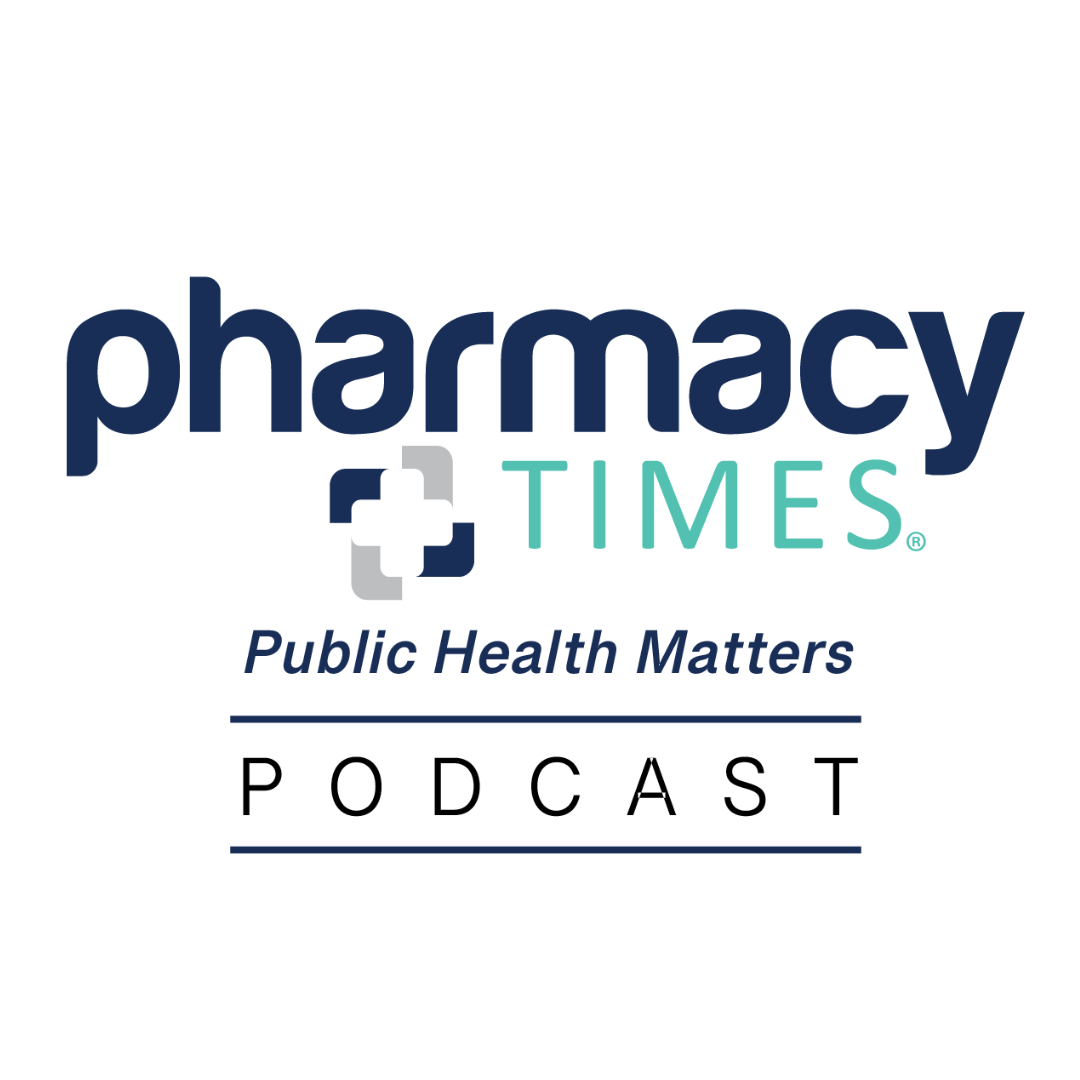

The practice could become routine if parents promote morning vegetable consumption while the children are still in a developmental stage of life.
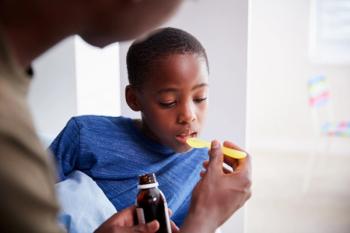
Community pharmacists are in a unique position to counsel caregivers on liquid children’s products
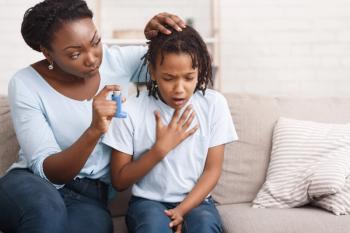
RSV can exacerbate asthma development by causing damage to the tissue in the airways, promoting inflammation and increasing airway hyper-responsiveness

Children with heart disease who received infant open-heart surgery had more stress and neurodevelopmental impairments compared with children who did not undergo surgery.

The FDA approval marks the first and only FDA-approved oral therapy for this patient population, and the drug is expected to be available by the end of February.
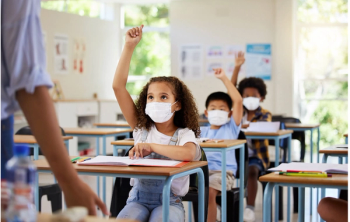
Between 2018 and 2021, kindergarten-readiness dropped by 10%.

Early signs of psychosis may be used to predict the risk of developing a full psychosis spectrum disorder.

These heat-not-burn cigarettes are incorrectly assumed to be healthier than traditional tobacco cigarettes.

Be of value to patients and caregivers in forming a care plan for this challenging condition
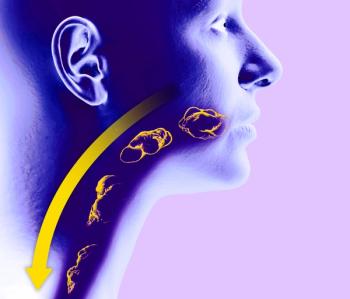
The approval marks dupilumab as the first and only FDA-approved medicine to treat pediatric patients with eosinophilic esophagitis.
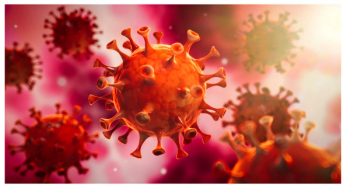
Infection-induced immunity with 2-dose vaccination still offered protection against the circulating variant.

Protecting this vulnerable patient population requires specially designed strategies.

At a young age, hands-on learning about nutrition can promote long term appreciation of fresh food and food experiences.

At a young age, hands-on learning about nutrition can promote long-term appreciation of fresh food and food experiences.

To have skin-deep resilience is to overcome adversity to achieve success, be it psychological or academic.
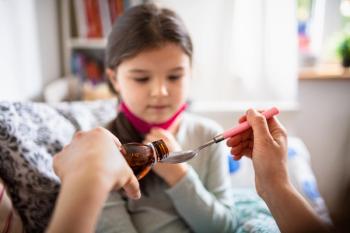
Community pharmacists have a unique opportunity to counsel caregivers on liquid OTC children’s products.

Studies have shown that higher expression of CYP2D6 alleles in adults results in excessive production of active metabolites, leading to either therapeutic failure, increased exposure, or more severe adverse effects.

Berdazimer topical gel, 10.3% (Zelsuvmi; Ligand Pharmaceuticals Inc) has been approved for the treatment of molluscum contagiosum in individuals aged 1 year and older.

From newsworthy moments to groundbreaking research, these were the most-read pediatrics-related articles on Pharmacy Times in 2023.

This approval makes birch triterpenes the first treatment for wounds associated with junctional epidermolysis bullosa to be approved by the FDA.

The researchers emphasized that individuals must advocate for new policies that could aid regulation of harmful information being shared through social media platforms.
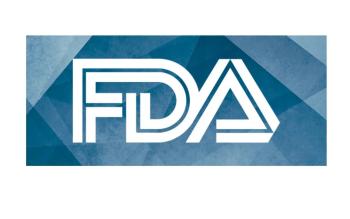
This is the first FDA approval for a therapy intended to reduce the risk of relapse in patients with high-risk neuroblastoma.
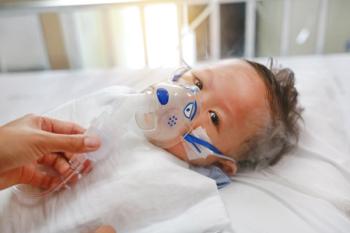
Out of the 600 infants, 169 were born prematurely, 487 did not have underlying medical conditions, and 143 had to receive invasive mechanical ventilation.

Bivigam was initially approved by the FDA in May 2019 for the treatment of primary humoral immunodeficiency, including a group of genetic disorders.
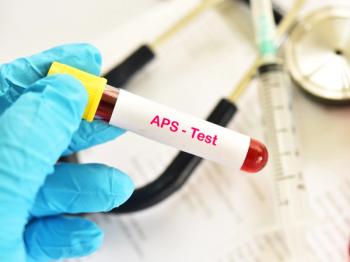
The results found that 93% of individuals in the high-risk group presented persistently positive antiphospholipid antibodies, compared with 47% of individuals in the lower-risk group.